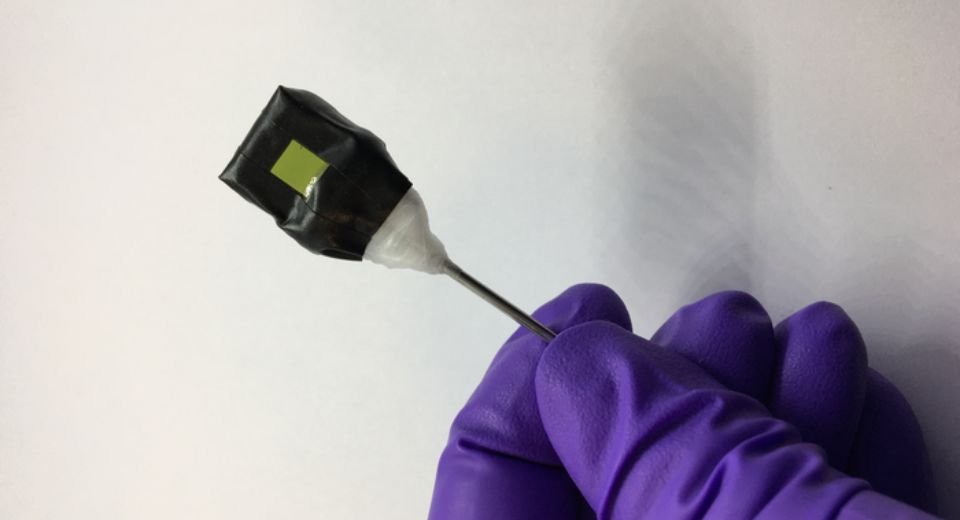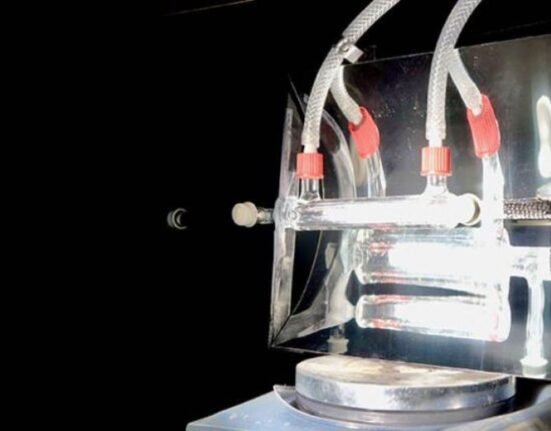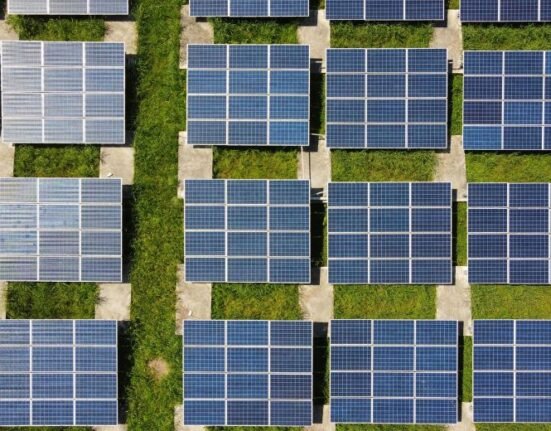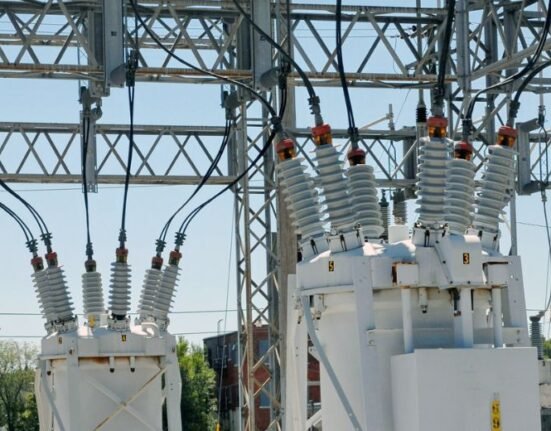H Q Team
May 19, 2023: Researchers at the University of Cambridge have come up with a new technology harnessing the power of photosynthesis to convert CO2, water, and sunlight into multi-carbon fuels – specifically ethanol and propanol – to run auto engines.
The environmentally-friendly fuel-tapping solar energy could dramatically transform the automotive industry.
These fuels possess a high energy density and can be effortlessly stored or transported.
These solar fuels produce zero carbon emissions and are renewable. Experts point out what sets them apart from most bioethanol is that they do not utilize agricultural land that could otherwise be used for food production.
Artificial Leaf
Although it’s still in the laboratory phase, the scientists believe their “artificial leaves” could be the answer to a clean, sustainable fuel.
“Shining sunlight on the artificial leaves and getting liquid fuel from carbon dioxide and water is an amazing bit of chemistry. Normally, when you try to convert CO2 into another chemical product using an artificial leaf device, you almost always get carbon monoxide or syngas,” says Dr. Motiar Rahaman, the lead author of the study, in a media release. “Here, we’ve been able to produce a practical liquid fuel just using the power of the Sun. It’s an exciting advance that opens up whole new avenues in our work.”
“Biofuels like ethanol are a controversial technology, not least because they take up agricultural land that could be used to grow food instead,” adds Professor Erwin Reisner, who led the research.
Reisner’s research group at the Yusuf Hamied Department of Chemistry has been working on developing sustainable, zero-carbon fuels using photosynthesis to create artificial leaves. Until now, these leaves could only produce simple chemicals like syngas used in the production of fuels, pharmaceuticals, plastics, and fertilizers.
The researchers developed advanced catalysts to allow the artificial leaf to produce more complex chemicals – namely, the multi-carbon alcohols ethanol and n-propanol.
“Even though there’s still work to be done, we’ve shown what these artificial leaves are capable of doing,” says Reisner, a fellow of St John’s College in Cambridge. “It’s important to show that we can go beyond the simplest molecules and make things that are directly useful as we transition away from fossil fuels.”
The device is currently in the “proof of concept”. The team is working on advancing the conversion of sunlight into fuel to generate large volumes of fuel.
The study is available in the journal Nature Energy.








